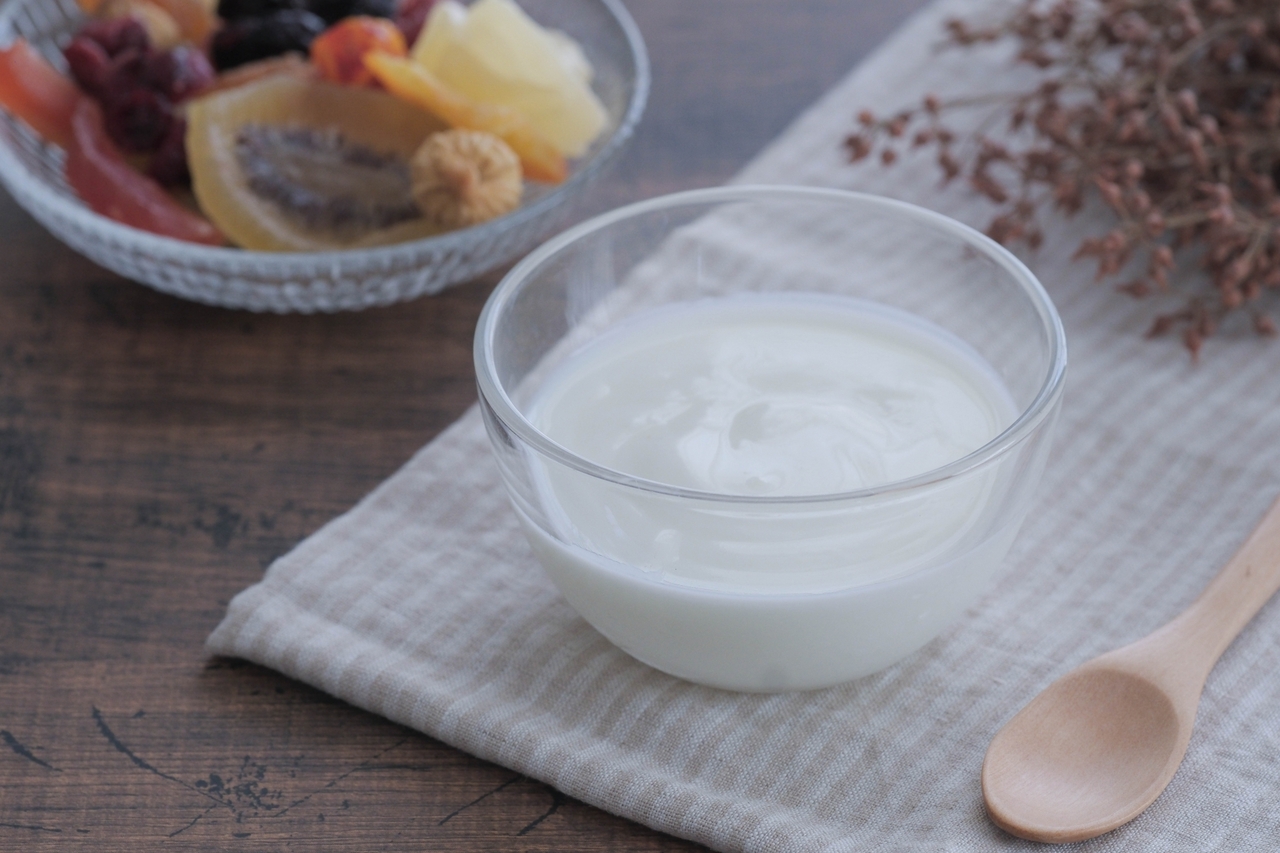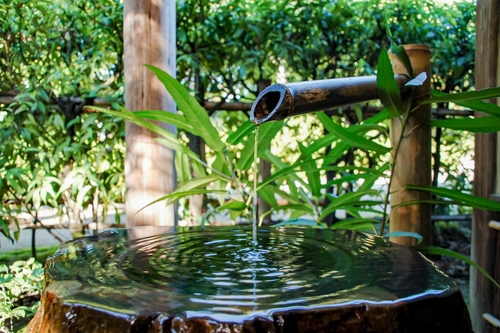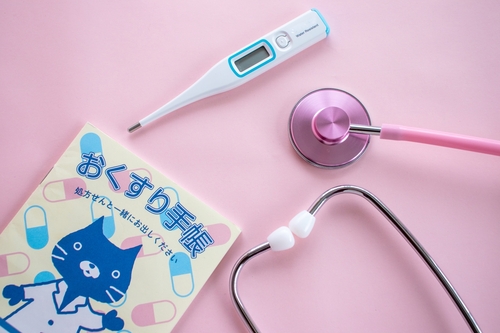MUSUBI: Gut-Checking in Japan

Bacteria have a bad reputation and for good reason. The thought of eating a few billion a day in the interest of your own health is hard to digest. But not all bacteria are malicious. In fact, our bodies harbor an estimated 100 trillion “good” bacteria, many of which are found in our gut. Not only do we live in harmony with these beneficial bacteria, but they are actually essential to our survival. These microorganisms, called probiotics, surpass the number of human cells by a ratio of 10 to 1!
People were taking probiotics long before they became mainstream. The word probiotics derives from the Greek word “pro bios” – for life. Our belief in the beneficial properties of fermented milk beverages stretches back to Biblical times.
It is known that Pliny the Elder recommended such drinks for the treatment of gastrointestinal diseases in the first century AD. In the era of Genghis Khan, around the 12th century AD, fermented milk was prized as a fountain of strength and health. So much so that Mongol women literally doused their warriors with it to protect them during battles.
Have you been consuming enough probiotic-rich foods in your diet, then? Most likely not! With hectic lifestyles and busy calendars, people often don’t consume the recommended daily dose of probiotics. In most cases, you don’t need to buy expensive pills or supplements to consume more probiotics. In fact, in Japan, there are a number of probiotic foods and drinks that are enjoyable, nutritious, and easy to consume as part of a healthy, balanced diet.
People were taking probiotics long before they became mainstream. The word probiotics derives from the Greek word “pro bios” – for life. Our belief in the beneficial properties of fermented milk beverages stretches back to Biblical times.
It is known that Pliny the Elder recommended such drinks for the treatment of gastrointestinal diseases in the first century AD. In the era of Genghis Khan, around the 12th century AD, fermented milk was prized as a fountain of strength and health. So much so that Mongol women literally doused their warriors with it to protect them during battles.
Have you been consuming enough probiotic-rich foods in your diet, then? Most likely not! With hectic lifestyles and busy calendars, people often don’t consume the recommended daily dose of probiotics. In most cases, you don’t need to buy expensive pills or supplements to consume more probiotics. In fact, in Japan, there are a number of probiotic foods and drinks that are enjoyable, nutritious, and easy to consume as part of a healthy, balanced diet.
Natto
Japan is one of the countries with the highest life expectancy, and so many attribute this to Natto. Individuals who regularly eat Natto are said to have less bone loss and better liver function.
Natto contains the highly effective probiotic Bacillus subtilis, which has been shown to boost the immune system, support cardiovascular health and promote the digestion of vitamin K2. Don’t be scared off by its reputation- it’s well worth getting used to, and can be eaten in a variety of ways to enhance the flavor.
Natto contains the highly effective probiotic Bacillus subtilis, which has been shown to boost the immune system, support cardiovascular health and promote the digestion of vitamin K2. Don’t be scared off by its reputation- it’s well worth getting used to, and can be eaten in a variety of ways to enhance the flavor.
Miso
You know it, you love it. In Japan, Miso is known as ‘food for the soul’. A fermented soy and rice paste, miso is ubiquitous in Japanese cuisine. Chances are, if you’ve ever been to a Japanese eatery, you’ve tasted miso soup.
In addition, miso is also a main ingredient in Japanese medicine.
It is made by fermenting soybeans, barley or brown rice with koji. Koji is a fungus, and the fermentation process can take from a few days to a few years.
Miso soup is renowned worldwide and is a very simple to make. In a pot of water, simply stir up a tablespoon of miso with seaweed and other ingredients of your choice. You can also spread miso on cookies, use it in place of butter, or add it to marinades and stir-fries to enhance the flavor.
In addition, miso is also a main ingredient in Japanese medicine.
It is made by fermenting soybeans, barley or brown rice with koji. Koji is a fungus, and the fermentation process can take from a few days to a few years.
Miso soup is renowned worldwide and is a very simple to make. In a pot of water, simply stir up a tablespoon of miso with seaweed and other ingredients of your choice. You can also spread miso on cookies, use it in place of butter, or add it to marinades and stir-fries to enhance the flavor.
Yakult Drink
Yakult is a probiotic milk drink widely popular around Japan. A bottle of Yakult contains live beneficial bacteria that enter the intestines and improve digestion. It contains Yakult’s exclusive probiotic Lactobacillus casei strain Shirota (LcS). LcS was discovered in 1930 by Dr. Minoru Shirota, a Japanese scientist.
There are lots of very healthy probiotic foods that you can take in Japan. We’ve listed our top 3 here, but there are many more. Explore Japan and stay healthy!
There are lots of very healthy probiotic foods that you can take in Japan. We’ve listed our top 3 here, but there are many more. Explore Japan and stay healthy!
WRITER

K.G. Umami
From the Philippines
Has experienced Japan for 1 year!
RECOMMENDED
-

Enjoy Nature - Hiking in Mt. Okutama
People flock to Tokyo to embrace its metropolitan vibes, bustling streets, and modernity. However, locate... -

Come for the Shinto, Stay for the Zen
Top Image: Schäferle via PixabayWhat’s the difference between a shrine and a temple anyway? I ha... -

A Layman’s Guide to Japan’s Health Insurance System
Health Insurance in Japan can sometimes seem like a real pain in the neck, but it doesn’t have to be!Firs...


